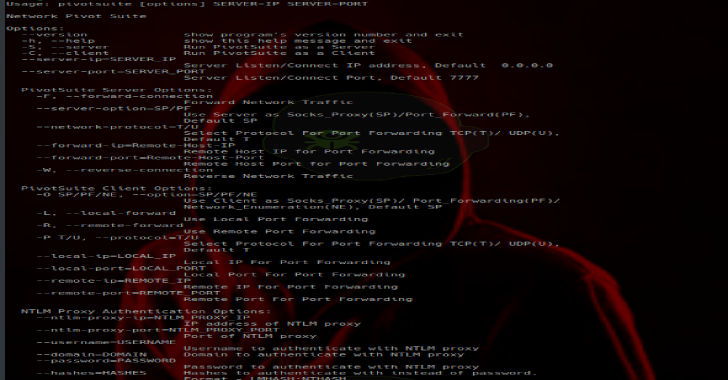Create a runbook for all available GuardDuty finding types found on the GuardDuty docs website using the information documented for each finding.
This project is a kick-start to generate a base set of runbooks when GuardDuty is enabled in an organization.
Runbooks will need to be customized to fit organizational incident response procedures and add contextual information.
Generating Runbooks
This tool can be installed from PyPI
pip install guardduty-runbooksIt can also be installed locally. After cloning the directory, run in the folder:
pip install .The tool can then be run with optional flags:
guardduty-runbooks [--outdir outdir] [--overwrite]If outdir is not specified, it will write all runbooks to the local directory.
guardduty-runbooks --outdir ./my-runbook-directoryThis tool can be run multiple times to create runbooks for new finding types. Run the tool again over the directory where runbooks are stored and it will write new runbooks only, unless --overwrite is specified.
Overwrite is a destructive command and will erase any customization made to the runbook.
guardduty-runbooks --outdir ./my-runbook-directory --overwriteRunbook filenames are written using the “finding type” specified by GuardDuty.
Because finding types include non alphanumeric characters like :, /, !, and ., those characters are replaced with dashes - and all other characters are made lowercase.
This is for ease of programatically locating runbooks for tools like Panther and Matano.
For example: CryptoCurrency:EC2/BitcoinTool.B!DNS becomes cryptocurrency-ec2-bitcointool-b-dns












%20Works.jpg)




